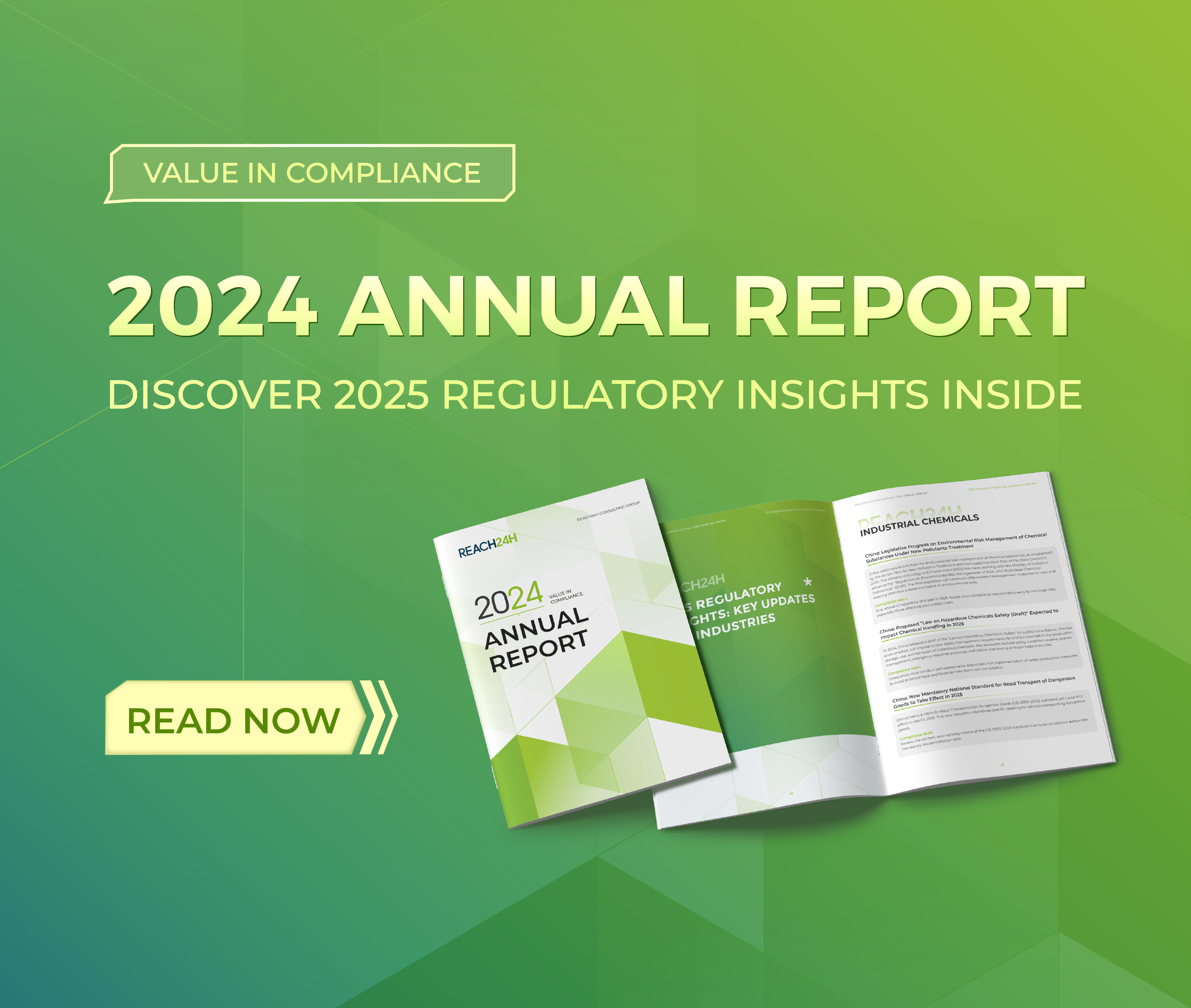EU to Ban Two Herbicide Active Substances: Metribuzin and Tritosulfuron
EU has decided on the non-renewal of approval of the active substance metribuzin and tritosulfuron.
According to the latest Technical Barriers to Trade (TBT) notifications from the World Trade Organization (WTO), the European Union (EU) has announced plans to ban two commonly used herbicide active substances: metribuzin and tritosulfuron.
The two notifications are shown below:
Noticifation Concerning Metribuzin
Notification Concerning Tritosulfuron
Takeaways of Two Notifications
- Noticifation Concerning Metribuzin
- Non-Renewal of Approval for Metribuzin.
- Amendment to Implementing Regulation (EU) No 540/2011 & Implementing Regulation(EU) No 2015/408.
- Member States must withdraw authorizations for plant protection products containing metribuzin within six months from the regulation’s entry into force.
- Any grace period granted by Member States under Article 46 of Regulation (EC) No 1107/2009 must expire within 12 months from the regulation’s entry into force.
- This regulation enters into force on the 12th day following its publication in the Official Journal of the European Union and is binding in its entirety and directly applicable in all Member States.
- Notification Concerning Tritosulfuron
- Non-Renewal of Approval for Tritosulfuron.
- Amendment to Implementing Regulation (EU) No 540/2011.
- Member States must withdraw authorizations for plant protection products containing tritosulfuron within six months from the regulation’s entry into force.
- Any grace period granted by Member States under Article 46 of Regulation (EC) No 1107/2009 must expire within 12 months from the regulation’s entry into force.
- This regulation enters into force on the 3rd day following its publication in the Official Journal of the European Union and is binding in its entirety and directly applicable in all Member States.
Background
- Metribuzin
Metribuzin is a selective herbicide belonging to the triazine chemical class. It is commonly used in agricultural practices to control a broad spectrum of weeds, including both broadleaf weeds and grassy weeds. Metribuzin works by inhibiting photosynthesis in weed plants, effectively preventing them from growing and competing with crops for nutrients, water, and sunlight.
Metribuzin is typically applied to crops such as potatoes, soybeans, tomatoes, and sugarcane. Its versatility and effectiveness have made it a popular choice among farmers for maintaining weed-free fields and ensuring healthy crop yields.
However, due to concerns about its environmental impact and potential health risks, the European Union is moving towards banning its use.
- Tritosulfuron
Tritosulfuron is a sulfonylurea herbicide that is highly effective in controlling a variety of hard-to-manage weeds. It works by inhibiting the acetolactate synthase (ALS) enzyme, which is crucial for the synthesis of essential amino acids in plants. This inhibition leads to the cessation of cell division and ultimately results in the death of the weed.
Tritosulfuron is often used in cereal crops like wheat and barley, providing robust control over broadleaf weeds and some grassy weeds. Its high efficacy and low application rates have made it a valuable tool for farmers looking to protect their crops from weed competition.
Despite its benefits, concerns over its ecological risks and potential impacts on non-target organisms have led to its impending ban in the European Union.
- EU PPP
EU Pesticide Regulation (EC) No 1107/2009(referred to as EU PPPs Regulation)lays down harmonized rules for the approval of active substances and the placing on the market of plant protection products in the European Union. It was published in 2009 to replace old Directive 91/414/EEC and was entered into effect on 14th, June 2011.
There are 3 main Statutory Bodies in PPPs regulation. EFSA (European Food Safety Authority) and RMS (Rapporteur Member State) work closely on the evaluation of active substances and PPPs, while COM (European Commission) is a decision-maker organization.
Click to learn more about EU PPP compliance on REACH24H website.

Compliance Tips from REACH24H
Both metribuzin and tritosulfuron have played significant roles in modern agriculture, but their upcoming bans highlight the need for continued innovation and the development of safer, more sustainable weed management solutions.
In light of the upcoming bans on metribuzin and tritosulfuron, here are several compliance recommendations from REACH24H for agricultural businesses and stakeholders:
- Product Transition
Evaluate Alternatives: Test and select EU-approved alternatives.
Develop New Formulations: Create new products using compliant substances before the 6-month withdrawal deadline.
Market Promotion: Research customer needs and promote new products during the transition.
- Regulatory Updates
Update Labels: Remove references to metribuzin and tritosulfuron within 6 months.
Certification: Apply for necessary certifications for new formulations immediately.
Employee Training: Train staff on new regulations and product details.
- Inventory Management
Manage Stock: Sell or dispose of existing inventory within the 12-month grace period.
Coordinate Supply Chain: Inform suppliers and adjust the supply chain for new products.
Compliance Monitoring: Regularly assess risks and ensure activities comply with new regulations.
REACH24H offers comprehensive compliance services to ensure your business stays ahead. From evaluating alternatives and developing new formulations to updating labels and managing inventory, our expert team supports you every step of the way. Trust REACH24H to simplify compliance and maintain your market edge efficiently.
Reference Links
- Noticifation Concerning Metribuzin
- Notification Concerning Tritosulfuron
- Regulation (EC) No 1107/2009
- Implementing Regulation (EU) No 540/2011
- Implementing Regulation (EU) No 2015/408
Contact Us
Our services include but are not limited to:
- EU PPP Compliance
- EU Biocidal Products Regulation (EU BPR)
- China Pesticide Registration
- S. EPA Pesticide Registration
- Pesticide Risk Assessment
- QSAR Report
- GLP Study Monitoring
- Agrochemical Market Research & Regulation Compliance Report
Feel free to contact us if you need compliance services.
Email: customer@reach24h.com | Tel: +86-400-809-5809




